Cool Tip
Cool Tip
If you are like me and always need to be working on something to keep your anxiety under control, during this quarentine why not helping scientists by looking at pictures of some neat penguins? or even galaxies? There’s this site call Zooniverse, where you can help on scientific projects by analyzing pictures and data! Right now my favorite project has returned, called Penguin Watch (where yeah, you get to watch penguins, it’s amazing)

you basically have to analyse photos looking for penguins, their chicks, eggs or even predators and human interaction But there are lots of interesting projects you can help in areas such as biology, physics, history or even art:








Oh and the best part, some institutions even accept it as volunteering/service hour requirements for graduation and scholarships!! It’s helping me a lot during this time, so I thought it was worth sharing
More Posts from Thecaffiend and Others
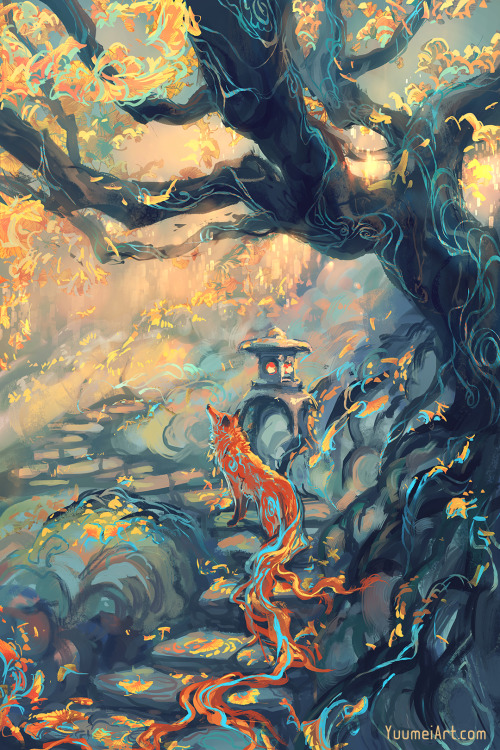
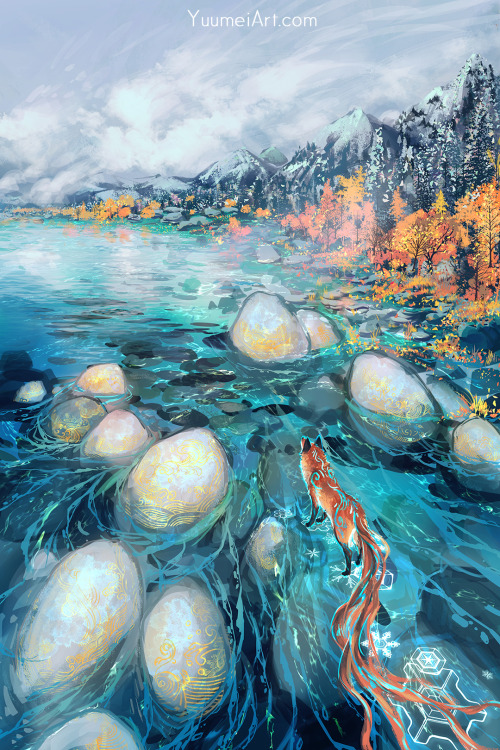
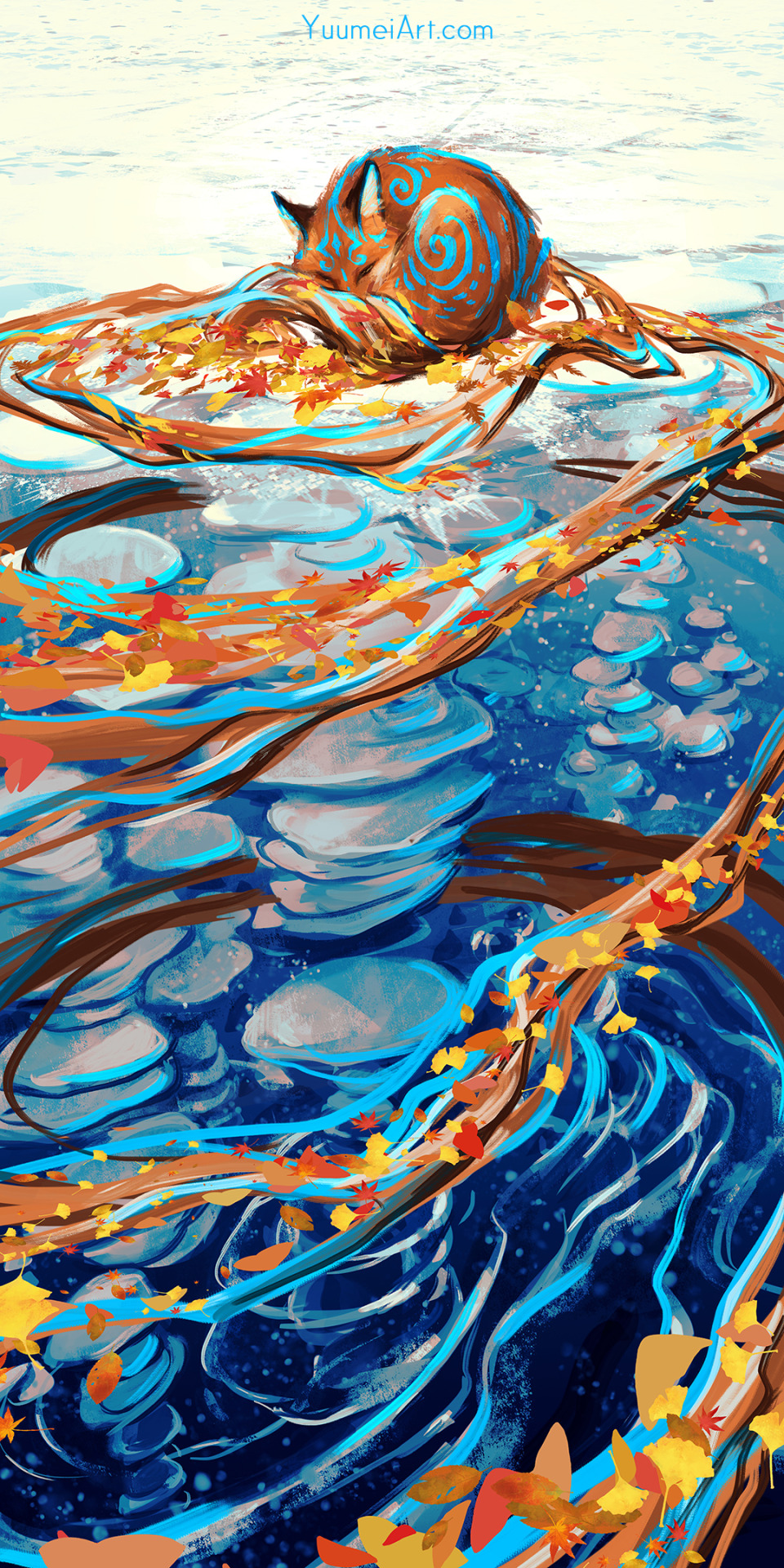
From autumn 🍂 to winter ❄️
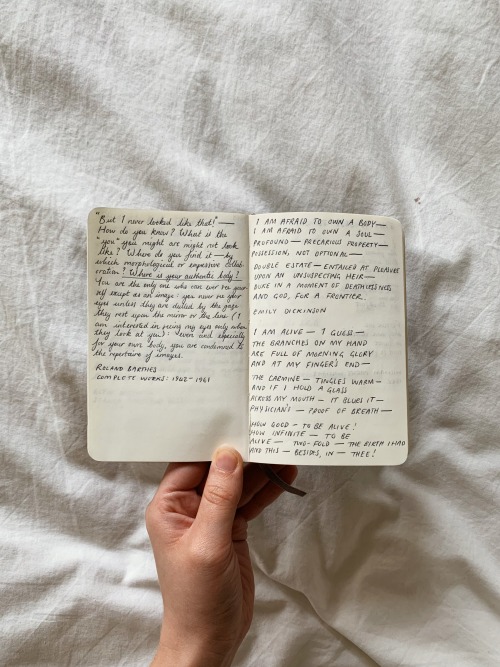
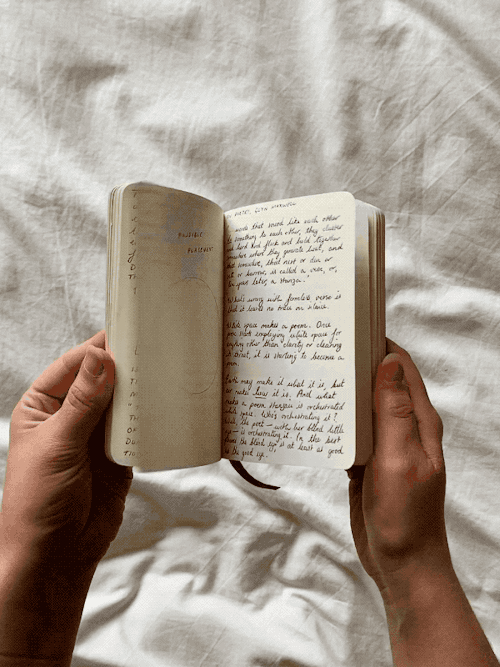
Do you keep a commonplace book? It’s not entirely a journal or a scrapbook – it’s more a carefully curated notebook compiled of texts copied from anywhere and everywhere. It can contain anything as long as it affects the compiler. I’ve had this one since I was 16, it is reserved for my most favourite lines from poems, books, songs, films, etc.

I Held a Swastika.
Part of my hospital chaplaincy duties is to write a reflection on how it’s going. Identities may be altered for privacy. All the writings are here.
—
The nurse told me that the patient, Willard, had taken a bite out of another nurse. He had swung at one of the doctors and thrown urine at a surgeon. Willard had multiple organ failure and he couldn’t walk; he kept demanding to go home. “Get me a wheelchair, I’ll flop in and ride over you people.” The staff kept trying to get him to stay, to get treated, despite his violent non-compliance: because nurses and doctors have the guts to look past that stuff.
They called for a chaplain to ask about Willard’s family members, to see if anyone could pick him up when he was discharged. I was the lucky chaplain who took the order.
When I walked in, I immediately noticed the patient had a tattoo of a heart on his hand, near the inner-fold of his thumb, with a swastika in the middle of the heart. The cognitive dissonance was startling. Not “I love mom” or his wife’s name, I thought, with a bit of snark. But hate in your heart. Very subtle.
“He’s one of those, you know, angry old fogeys,” the nurse had whispered right before I walked in. The nurse was a Middle Eastern man, about my age, and I couldn’t imagine the awful things he had to go through with this patient the last few days.
My eyes locked on the swastika first. The symbol held a terrible place in my memory: when I was a kid, someone had spraypainted a red swastika next to the front door of my dad’s business. Though my dad had tried to paint over it, I could still see it on hot summer days, a scar on the wall and a scar in my head, a mad throbbing declaration of all the world’s ugliness dripping in crimson. I still dream about it sometimes, and in the dream I’ll peer down at my wrists, which are engraved with the same red marks down to the veins.
The patient, Willard, saw me and said, “Thank God, a chaplain, finally someone who can hear me.”
But I don’t want to hear you, I thought. And a sick part of me also thought, You deserve this. I hope you never leave. Then you can’t hurt anyone out there.
He said, “Look, I see your face, I’m not trying to hurt anybody. You get it? I just want to go home. Fetch me a f__ing wheelchair, would you?.”
Willard got louder. He clenched his fists and waved them around. It was rather sad to see someone so animated and aggressive while pinned down to a bed, like the blanket had eaten his lower half and he was trying to crawl out. “Come on, I told you people that I wouldn’t hurt nobody. I got a dozen things wrong with me, I’m not a danger to you, I want to go home and to die in peace. You hear me? I’m ready to go home and die.”
He went on like this for over a minute. That’s a long time to stand there and let someone monologue with escalating hysteria. He dropped more f-bombs and jabbed a finger at me and tried to point at the whole hospital. His voice got so loud that I was worried about the patients nearby, and that maybe the nurse would call security, or that Willard himself would keel over. At several points it looked like he wanted to hop out of the bed and punch my ankles. The strange swastika-heart tattoo flashed before me like a flag on fire.
I had half a mind to leave. I didn’t have to stay. I didn’t want to stay. I kept looking at that swastika. I kept thinking he deserved to be here, to be sick and sorry and helpless.
When Willard stopped talking for a moment, I said the only thing I could think of.
“I’m sorry, Mr. Willard. It sounds like you have a lot going on and it’s been really hard for you.”
He said, “Yes, yes it’s been hard. I swear, I’m not a bad person.” And he burst into tears.
Just like that, his face flipped from anger to grief, and his entire body melted into the bed. Just a broken down old man, crying.
Then he motioned so I could hold his hand. He needed me to hold that hand.
For a second, I stood there, confused and bewildered and infuriated. This is not okay, I thought. You’re everything I hate about the world. Why would you think this is okay?
I pictured two of me, one turning about face and never looking back and absolutely unable to endorse what this guy stood for, and the other me stepping forward in an ostensible betrayal of my deepest values, of my father, of that little child who had to ask why someone would paint such a dirty symbol of hatred over us. I remembered going with my dad to buy new paint, his face set and smiling and determined to be better than this, to make it in a harsh, lonely country that never fully welcomed him, but that he welcomed anyway, because he dared to believe in bigger dreams than the ones that had been painted for him. And I wondered if we were ever going to make it like this, that if we walked away from each other that we would ever heal, and if maybe the very same hands that could carve such scars could also build a life through those wounds, too.
Dad, you showed me something better. You dreamed bigger. You built the dream in me.
So I stepped forward anyway.
I held that man’s hand. I held his swastika, that ugly little tattoo with the heart tattooed around it.
Willard sobbed, loudly. I asked if he believed in prayer, and he did. I prayed. When I finished, I tried to pull my hand back, but he wasn’t having it. The nurse walked in, a little alarmed, giving me that look: This guy is a real human being who cries, huh?
The nurse prepared a syringe and gave Willard a few shots. My hand was nearly crushed. Willard kept sobbing; I must’ve held his hand for fifteen minutes while he wept and wept. I was silent. No words would work here. And at some point, our hands together, I didn’t want to leave anymore. This all made sense somehow, some kind of crazy giddy exuberant kind of sense, like God or the universe or fate had aligned and unlocked and we were exactly as we were meant to be. I still wasn’t entirely comfortable, and I wasn’t okay with all this man represented: but I pictured a river breaking through, breaking up our old walls and taking down the guard-posts and making the roads new. I wish I could describe the lightness in my being right then, a kind of diffused outwardness from my elbow to my fingertips, like my arm was stretching with a pulse. We were painting something different, maybe for our first time. I didn’t think this made the “bigger person,” because I had every instinct to leave, and there were plenty of times I had failed at this before. I only knew that I had to choose against myself, and choices like this matter, maybe more than the ones we want right now.
When we parted, Willard looked up at me with eyes brimming red.
He didn’t say anything. He only nodded. And inexplicably, we both laughed, just once. I don’t know why we laughed, but it was good.
Later, I told my fellow chaplain, “I have to tell you the craziest story.”
And my friend, at the end, laughed at the obvious symbolism.
“I guess you were the heart around that guy’s swastika.”
I could only nod. I was my father, painting over old scars.
— J.S.
i was so fucking sad when i was 14 and now when i fold my laundry or see a pool of moonlight on the floor of my bedroom i know that miracles exist. i see love in everything. love sees everything in me too
You know, with all the language throughout Star Wars about “giving in” to the Dark Side, how the Dark Side makes you more powerful, how the Dark Side makes you age strangely and destroys you, it sure doesn’t sound like an “opposite side of the coin” so much as the “deeper end of the pool,” like it’s actually the true form of the force and being a Jedi is about keeping it tamed so it doesn’t eat you the way it actually wants.
things that made me stop wanting to die that require no effort whatsoever
change the color used to highlight text on your laptop
move the pictures on your wall
stack whatever clutter is in your room into piles even if you don’t have time to clean it all
slightly vary your commute, even just by one street
change where you sit and scroll aimlessly on your phone even if it’s only to the chair in your room instead of your bed
drink water or juice out of a wine glass in the morning because nothing is real
shower with the lights off, without music
buy $3 flowers at trader joe’s—they look bad next to the more expensive ones but they look so good in your room
start typing things you don’t post into your notes. your thoughts can be worth documenting even if you don’t deem them worth sharing
wake up super early just once. you don’t have to make it a habit it’s just extra satisfying to go to bed that night
listen to the entirety of your favorite album from 2015

c a s u a l
-
 referenking reblogged this · 3 weeks ago
referenking reblogged this · 3 weeks ago -
 voguewithtits liked this · 2 months ago
voguewithtits liked this · 2 months ago -
 arbitrarysquiggles liked this · 2 months ago
arbitrarysquiggles liked this · 2 months ago -
 d1pnread liked this · 3 months ago
d1pnread liked this · 3 months ago -
 the-goose-ferret reblogged this · 3 months ago
the-goose-ferret reblogged this · 3 months ago -
 thatonespriteobsessedbitch reblogged this · 3 months ago
thatonespriteobsessedbitch reblogged this · 3 months ago -
 thatonespriteobsessedbitch liked this · 3 months ago
thatonespriteobsessedbitch liked this · 3 months ago -
 magnoliae reblogged this · 3 months ago
magnoliae reblogged this · 3 months ago -
 stellardeer liked this · 3 months ago
stellardeer liked this · 3 months ago -
 lovecore-muppet reblogged this · 3 months ago
lovecore-muppet reblogged this · 3 months ago -
 kye-fandomsnstuff reblogged this · 3 months ago
kye-fandomsnstuff reblogged this · 3 months ago -
 kye-fandomsnstuff liked this · 3 months ago
kye-fandomsnstuff liked this · 3 months ago -
 sciencetidbitsarchive reblogged this · 3 months ago
sciencetidbitsarchive reblogged this · 3 months ago -
 spicy-donuts-with-bacon liked this · 4 months ago
spicy-donuts-with-bacon liked this · 4 months ago -
 thesupernaturalwhovian liked this · 4 months ago
thesupernaturalwhovian liked this · 4 months ago -
 jazzhaaaands reblogged this · 5 months ago
jazzhaaaands reblogged this · 5 months ago -
 joan-of-nowhere liked this · 5 months ago
joan-of-nowhere liked this · 5 months ago -
 blue-lothus liked this · 5 months ago
blue-lothus liked this · 5 months ago -
 digitalstitch626 reblogged this · 6 months ago
digitalstitch626 reblogged this · 6 months ago -
 orca-in-disguise liked this · 6 months ago
orca-in-disguise liked this · 6 months ago -
 fisheggsandrice reblogged this · 6 months ago
fisheggsandrice reblogged this · 6 months ago -
 kelbunny reblogged this · 7 months ago
kelbunny reblogged this · 7 months ago -
 sleepy-protagonist liked this · 7 months ago
sleepy-protagonist liked this · 7 months ago -
 amonoff liked this · 7 months ago
amonoff liked this · 7 months ago -
 amonoff reblogged this · 7 months ago
amonoff reblogged this · 7 months ago -
 keybladebanditjing reblogged this · 7 months ago
keybladebanditjing reblogged this · 7 months ago -
 keybladebanditjing liked this · 7 months ago
keybladebanditjing liked this · 7 months ago -
 bravelykoma liked this · 8 months ago
bravelykoma liked this · 8 months ago -
 sagebrushed liked this · 8 months ago
sagebrushed liked this · 8 months ago -
 pyromancerofaronons reblogged this · 8 months ago
pyromancerofaronons reblogged this · 8 months ago -
 pyromancerofaronons liked this · 8 months ago
pyromancerofaronons liked this · 8 months ago -
 kelbunny liked this · 8 months ago
kelbunny liked this · 8 months ago -
 aquasendou reblogged this · 8 months ago
aquasendou reblogged this · 8 months ago -
 iamsweden reblogged this · 8 months ago
iamsweden reblogged this · 8 months ago -
 ever-so-nice liked this · 8 months ago
ever-so-nice liked this · 8 months ago -
 innitnotfound liked this · 8 months ago
innitnotfound liked this · 8 months ago -
 milkyway-galaxary reblogged this · 8 months ago
milkyway-galaxary reblogged this · 8 months ago -
 milkyway-galaxary liked this · 8 months ago
milkyway-galaxary liked this · 8 months ago -
 auncyen reblogged this · 8 months ago
auncyen reblogged this · 8 months ago -
 auncyen liked this · 8 months ago
auncyen liked this · 8 months ago -
 tofucasserole reblogged this · 8 months ago
tofucasserole reblogged this · 8 months ago -
 novatheastropirate reblogged this · 8 months ago
novatheastropirate reblogged this · 8 months ago -
 siphonophorific reblogged this · 8 months ago
siphonophorific reblogged this · 8 months ago -
 hikimado reblogged this · 8 months ago
hikimado reblogged this · 8 months ago -
 sprinkle-of-stardust liked this · 9 months ago
sprinkle-of-stardust liked this · 9 months ago -
 moondial-sorting-their-likes reblogged this · 9 months ago
moondial-sorting-their-likes reblogged this · 9 months ago -
 juleboyblue liked this · 10 months ago
juleboyblue liked this · 10 months ago -
 benlikes reblogged this · 10 months ago
benlikes reblogged this · 10 months ago -
 all-the-beautiful-chaos liked this · 10 months ago
all-the-beautiful-chaos liked this · 10 months ago